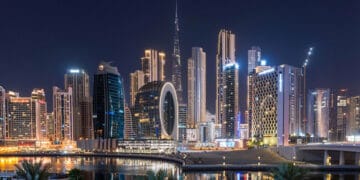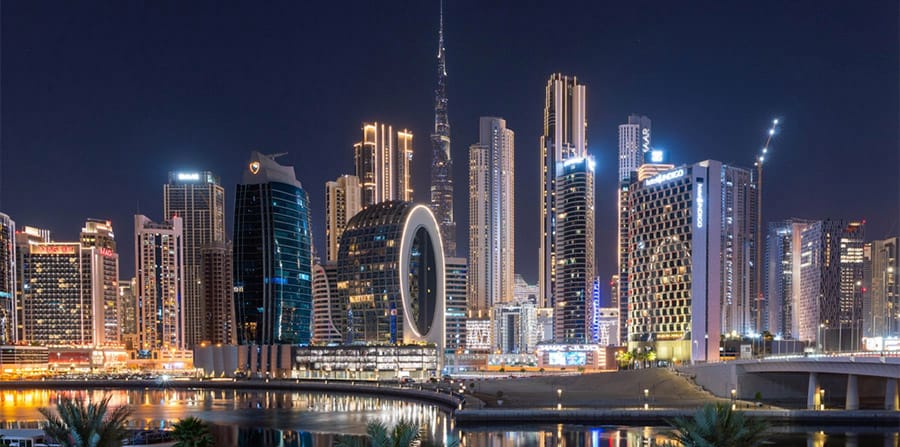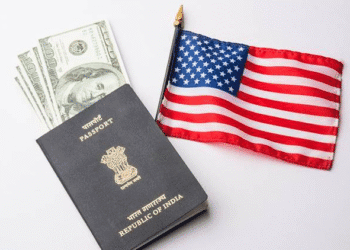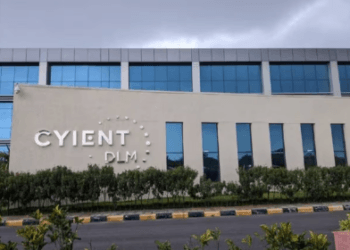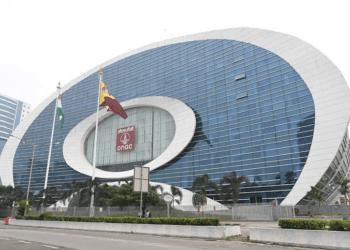Athira Sethu
Kochi, 25 September 2025
For years, Indian IT professionals fantasized about working in the United States under the H-1B visa. The visa was a golden ticket for graduates, IT professionals, and engineers to work in Silicon Valley or other American cities. But today, that fantasy is fading away.
When Donald Trump resumed the White House in January 2025, everyone expected that he would be in favor of skilled workers. Instead, in September, he introduced a new regulation: U.S. firms must pay $100,000 for each H-1B visa. The government asserts that this will safeguard American jobs. In fact, it has closed the door for Indian professionals numbering thousands. Only the cream of talent, that is, workers in very affluent companies, might still be eligible. For others, America now appears too pricey and unpredictable.
While this is happening, the Gulf nations — UAE, Saudi Arabia, and Qatar — are opening up more than ever. They seek to diversify away from oil and invest heavily in technology, AI, smart cities, and mega projects. For this, they require global talent, and Indians top their priority list.
Why the Gulf appears to be a more desirable place than the U.S.:
- Easy visas: UAE provides Golden Visas (10 years) and Green Visas (5 years) to skilled laborers, usually without sponsorship by an employer. Saudi Arabia and Qatar are also providing long-term residency. Contrast this with the U.S. lottery system, which is slow and haphazard.
- Tax-free wages: In Dubai or Riyadh, employees retain nearly their entire wage since there is no individual tax. In America, 25–35% of wages are paid in taxes.
- Large projects and employment: Saudi Arabia’s NEOM and The Line, UAE’s AI and fintech drive, and Qatar’s post-World Cup development are providing thousands of employment opportunities in IT, data science, cybersecurity, and green energy.
- Lifestyle and society: Cities such as Dubai, Abu Dhabi, and Doha now rate among the world’s best in terms of quality of life. They are secure, up-to-date, and already have millions of Indians settled, making it more convenient to settle in.
To Indians, the Gulf also presents pragmatic benefits: it’s near home, flights are short, and visits to relatives are easy. More professionals are opting for Dubai or Riyadh instead of New York or San Francisco, thanks to improved policies, high savings potential, and cultural proximity.
Bottom line: The U.S. is shutting doors with steep charges and stringent rules. The Gulf is extending red carpets. In the coming decade, the grand migration tale might no longer be about “going West.” Indians could find their future a lot nearer — in Dubai, Riyadh, and Doha.
